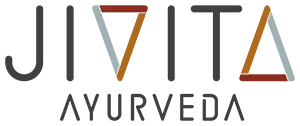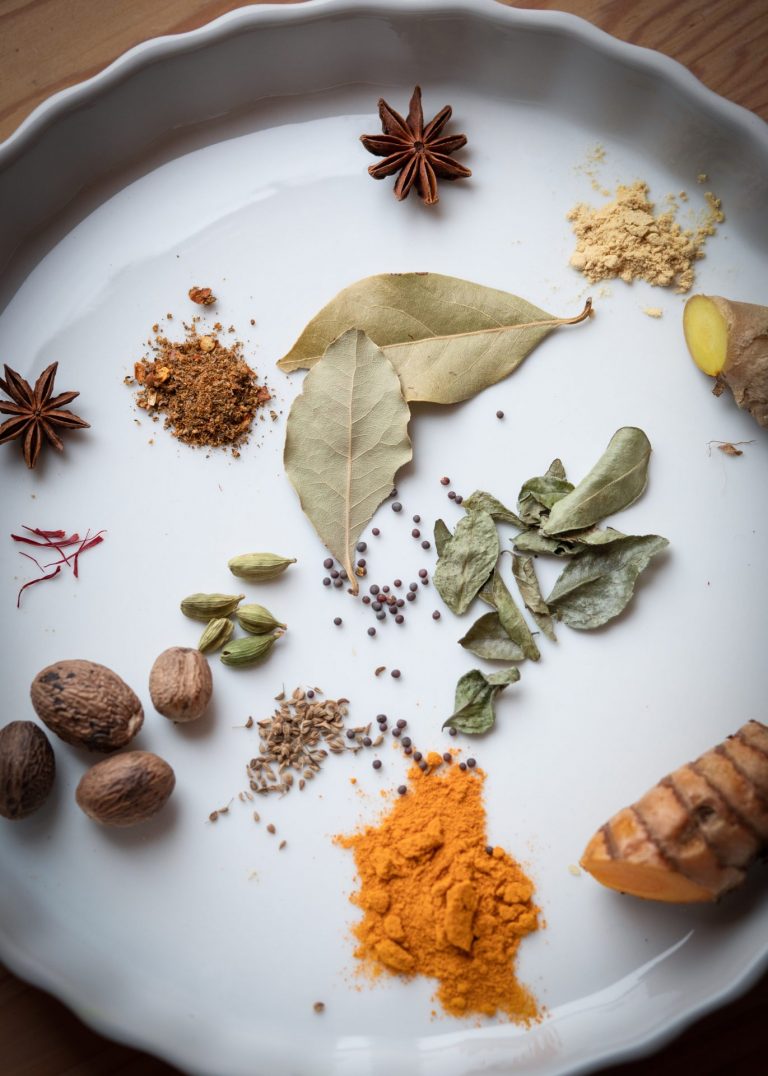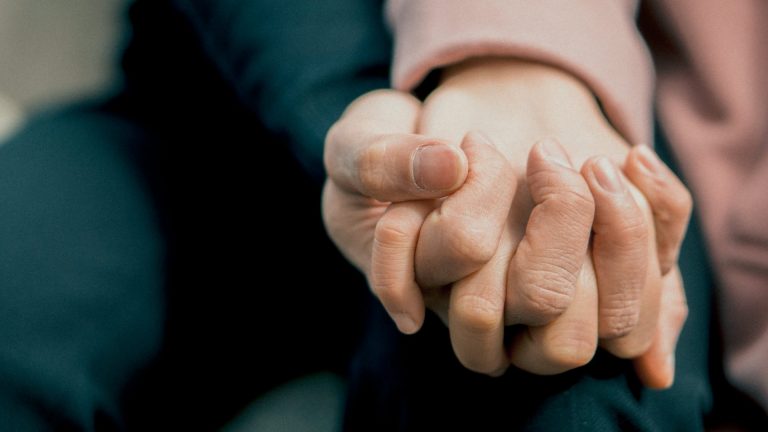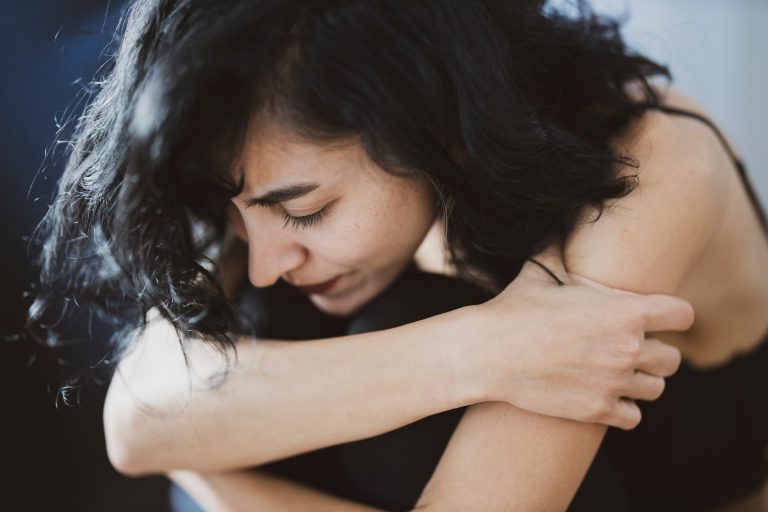Ayurveda and Polyvagal theory – how to explain healing through the power of feeling
In the Nineties, Stephen Porges presented a fascinating new theory on the three physiological states caused by the autonomic nervous system called Polyvagal Theory (PVT). It shed light to better understand the involuntary shifts between autonomic states of being. The theory has turned a corner for scientists, health practitioners and therapists to explain better the individual adaptive responses people have in relation to the environment in different situations, something ayurveda has always been focused on.
PVT has successfully managed to explain the mechanics of body-mind medicine. Not only has this theory started to revolutionise the approach to treatment of trauma and disease but it also has built a bridge between Eastern and Western approaches in healing. PVT validates the concept of natural healing based on beliefs. It also shows how our interaction with each other and our environment has a crucial role in determining our survival. It demonstrates how our ability to adapt is directly proportional to a successful expression as human beings.
Triguna theory, a crucial exponent of ayurvedic healing, can be explained in Western scientific terms by PVT. It reveals the relationship between the three qualities of consciousness (sattva, rajas and tamas) and the layers of the autonomic nervous system. Like triguna theory, PVT talks about three psycho-physiological states and explains how regulation between states happens through feelings of safety or threat. Successful navigation between these states guarantees better adaptability to our changing surroundings and our ability to heal.
Understanding PVT is important in relation to healing because autonomic functions regulate health, growth and restoration. PVT provides an underlying platform for any kind of therapy that aims to restore balance, homeostasis, resilience, wellbeing and ultimately transcendental states of life. Ayurveda recommends following a sattvic lifestyle, the kind of life PVT verifies to be a biological imperative for health and wellbeing.
Who are these lectures for?
This series of lectures is intended for those interested in exploring deeper layers of healing. It is specifically beneficial for therapists and practitioners working in the fields of yoga and ayurveda, but these lectures are beneficial for anyone who wishes to learn how to promote the so called spontaneous remission or in other words, the innate ability to heal in every living cell.
What do I need to know?
Basic understanding of yoga philosophy and/or ayurveda especially the concept of trigunas.
Day 1 – The theories behind healing
Triguna theory
Polyvagal theory
Relationship between trigunas and three autonomic states
Day 2 – Perception, beliefs and healing
Neuroception
Hierarchy of ANS
Co-regulation
Strategies for self-healing and therapy
Dates: TBC
Location: 89 Chamberlayne Road, London NW10 3ND
Entry requirements: N/A
Tutors: Anu Paavola
Price: £60 (Inc. vat)
For more info email anu@jivitaayurveda.com
We offer various courses to study Ayurvedic massage in London or become an ayurvedic nutritionist.
More details on our 3-month Ayurvedic Body Therapy training and Ayurvedic Nutrition under education.
Contact Us




